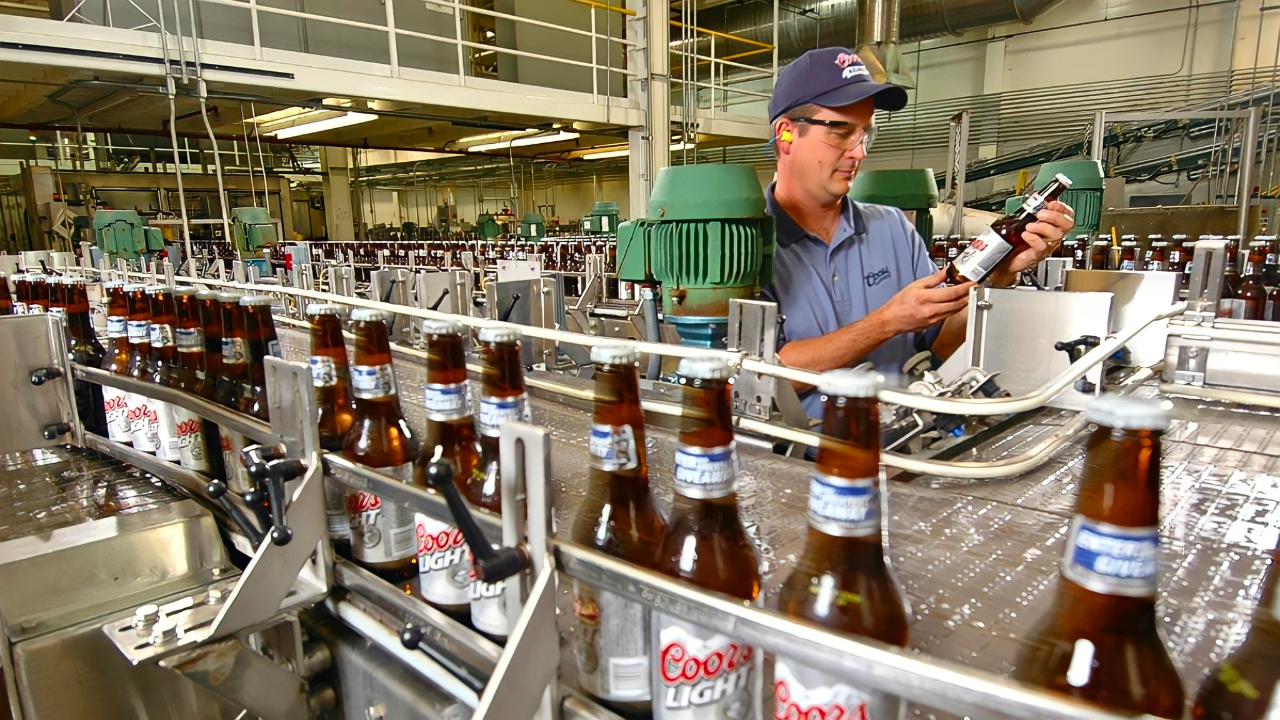
Molson Coors plans to close the 157-year-old Leinenkugel’s brewery in Chippewa Falls, WI, on Jan. 17, 2025. This move ends production at a site founded in 1867 and will eliminate roughly 56 jobs (out of about 120 workers).
It marks the abrupt end of a six-generation family brewing tradition.
Plummeting Sales Trigger Corporate Overhaul
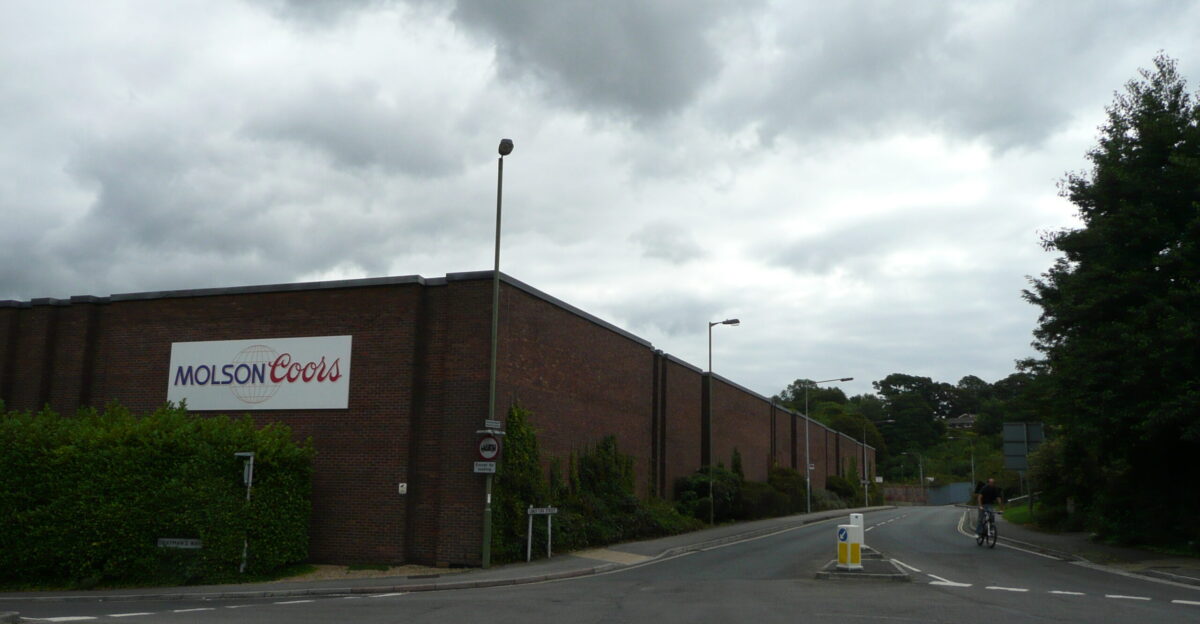
Molson Coors’ shutdown follows a steep decline in beer demand. In its August 2024 earnings call, the company reported a 7.3% drop in U.S. beer volume. CEO Gavin Hattersley said this slump forced cost cuts. The company plans to eliminate about 400 salaried positions (9% of its Americas workforce) by late 2025.
A large contract brewing deal ended, and a new canning line opened in Milwaukee, making smaller Wisconsin breweries redundant.
Hometown Fans Lose a Local Brew
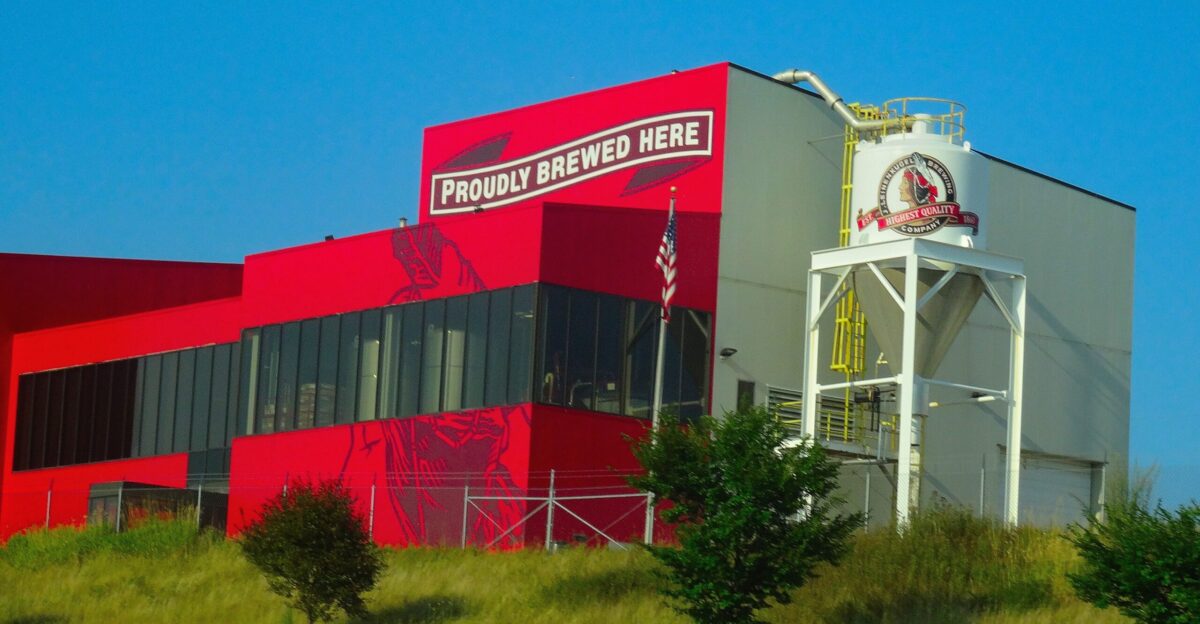
After January 17, Chippewa Falls residents won’t find Leinenkugel’s beer brewed in their town. Molson Coors will continue producing Leinenkugel’s in Milwaukee, but Wisconsin drinkers lose a homegrown staple. The Leinie Lodge visitor center and pilot brewery at the old site will remain open, yet the brand’s historic hometown connection is severed.
Over 75% of Leinenkugel’s beer is already made in Milwaukee, so national distribution continues despite this local closure.
Streamlining Brewing and the Premium Push
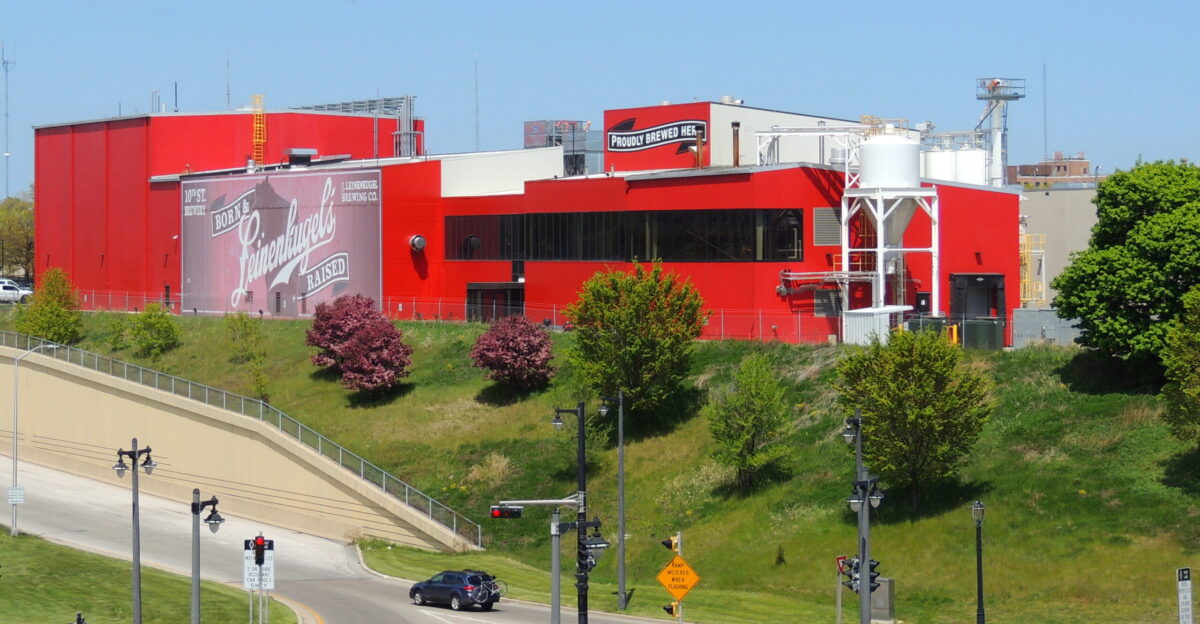
Molson Coors is centralizing production at its Milwaukee plant. Supply-chain chief Brian Erhardt said the company decided to “close two of our smaller brewing operations” and “centralize statewide production at our main site in Milwaukee”.
The move aligns with a broader “premiumization” strategy: Molson Coors will concentrate on higher-margin brands even as it honors Leinenkugel’s legacy.
Craft Breweries and New Categories Gain Ground
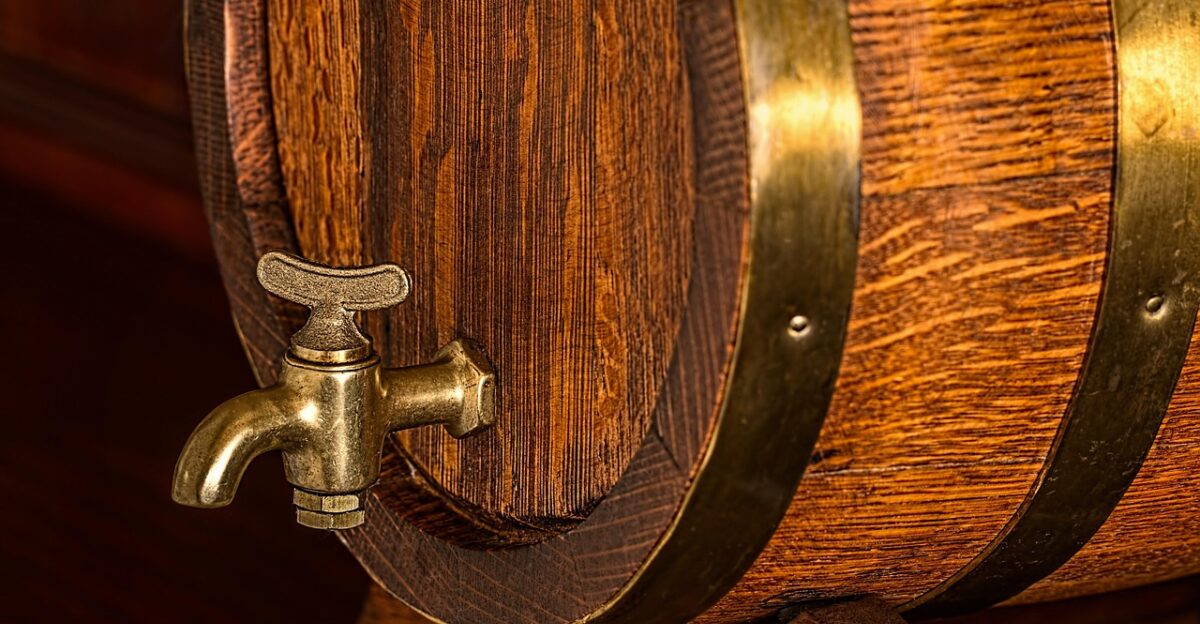
As national beer giants retreat, local craft brewers and alternative beverages stand to gain market share. Craft breweries in Wisconsin can fill the void left by Leinenkugel’s departure, offering a “hometown” product that appeals to loyal drinkers.
Molson Coors itself is investing in emerging categories: its restructuring filing cites expansion into “premium mixers, non-alcoholic beverages and energy drinks”. The shutdown underscores a shift toward hard seltzers and spirits in the broader beverage market.
Workers and Community Reeling
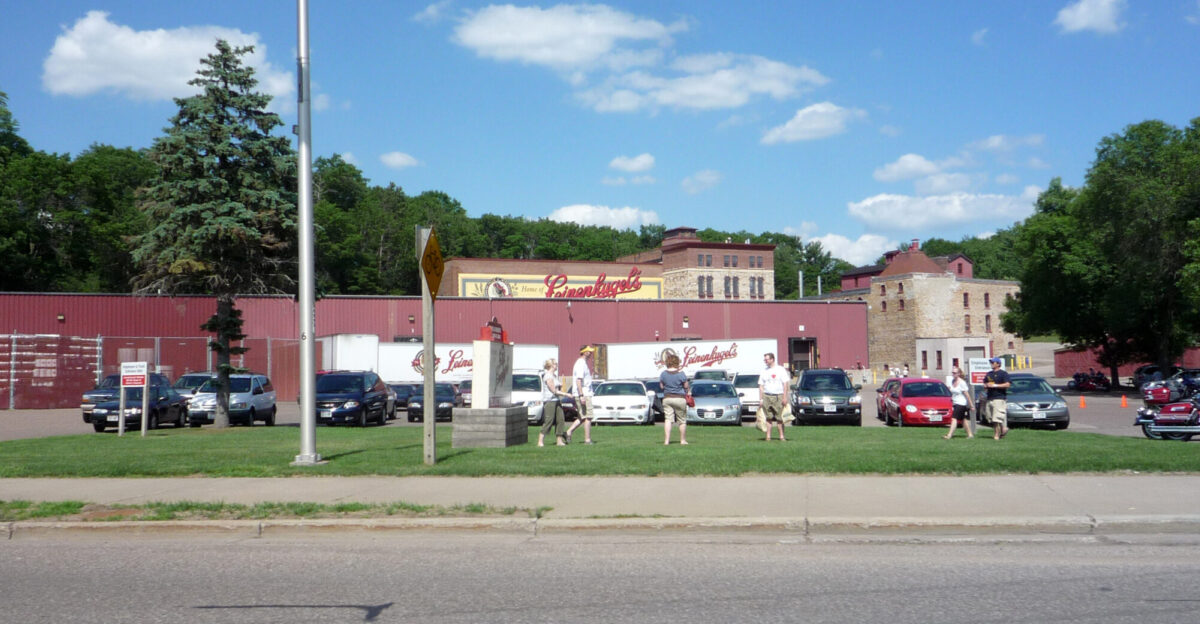
The Chippewa Falls plant employs about 120 people; roughly 56 of them will lose their jobs. Union locals lamented that shutting the factory after 150 years is “a tragedy” for the community. Former Jacob Leinenkugel Brewing president Dick Leinenkugel said he was “deeply saddened” by the decision.
He noted, “None of our family members were aware or counseled ahead of the decision. It’s a sad day for our family and our fans.”.
Union Outcry and Local Politics
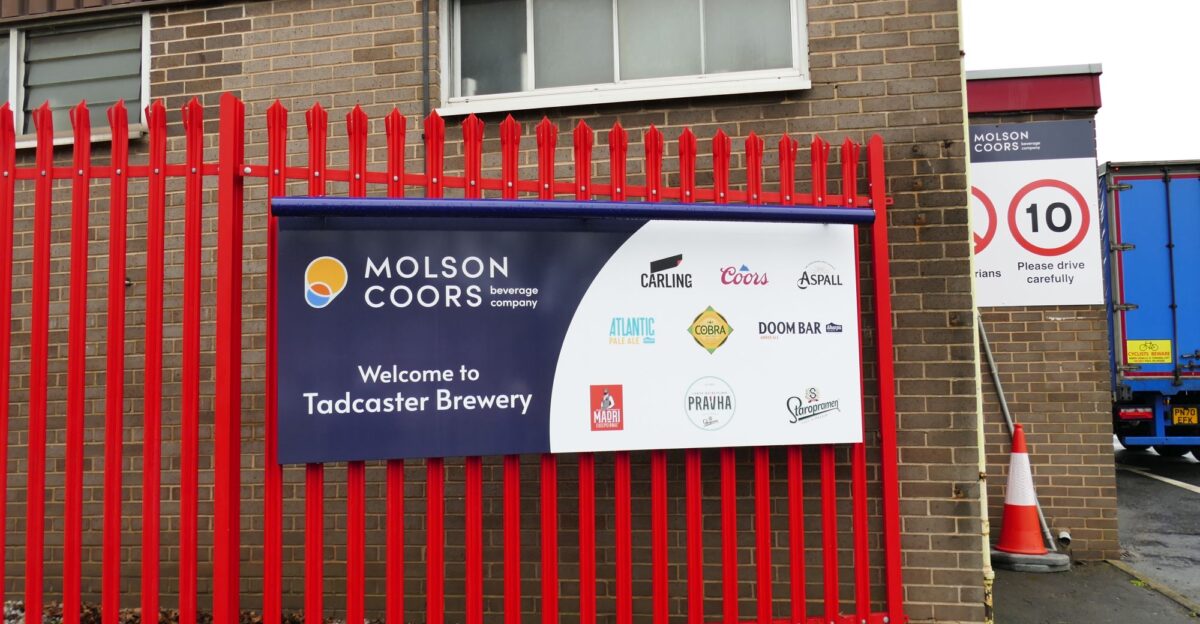
Teamsters Locals 200 and 662 (representing the brewery workers) issued a joint statement: “It is a tragedy that Molson Coors wants to close the doors on this brewery, which has been a point of pride for Chippewa Valley for more than 150 years. The Teamsters are doing everything… to fight for and protect our members’ rights.”.
Local officials and development agencies are now scrambling to support displaced workers and to attract new employers.
Cost Pressures
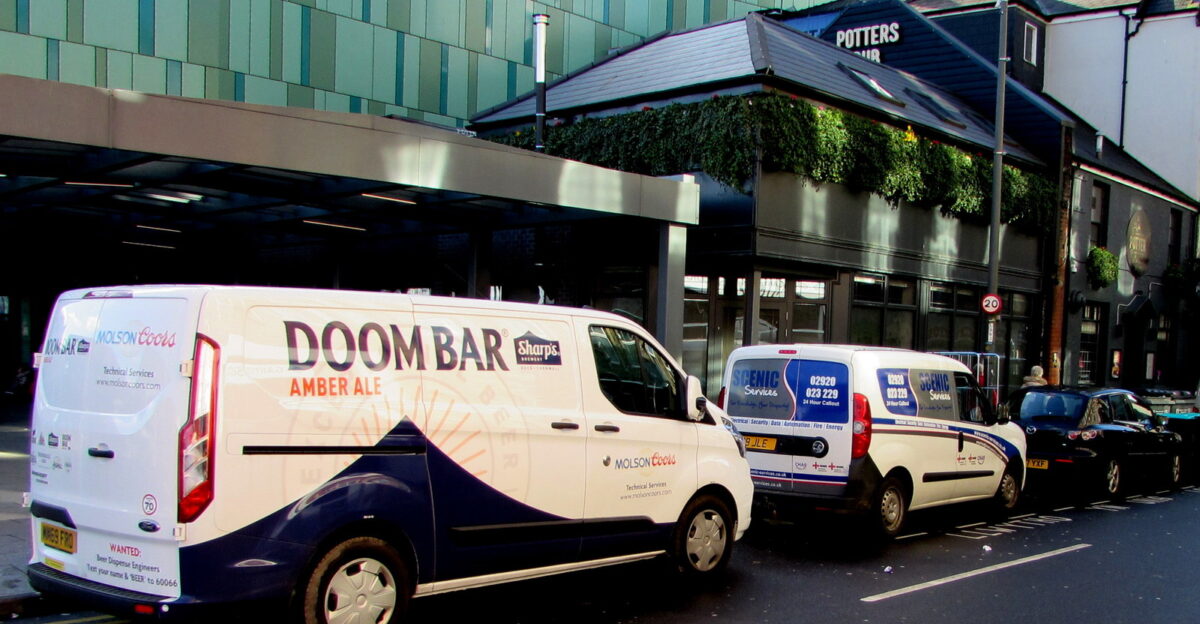
Molson Coors will incur hefty expenses to shrink its operations. It is cutting about 400 jobs across the Americas (9% of its salaried workforce) by the end of 2025 and expects one-time charges of $35–50 million for severance and benefits in late 2025.
Rising commodity and energy costs have squeezed margins industry-wide, leaving brewers no choice but to streamline.
Tradition vs. Efficiency
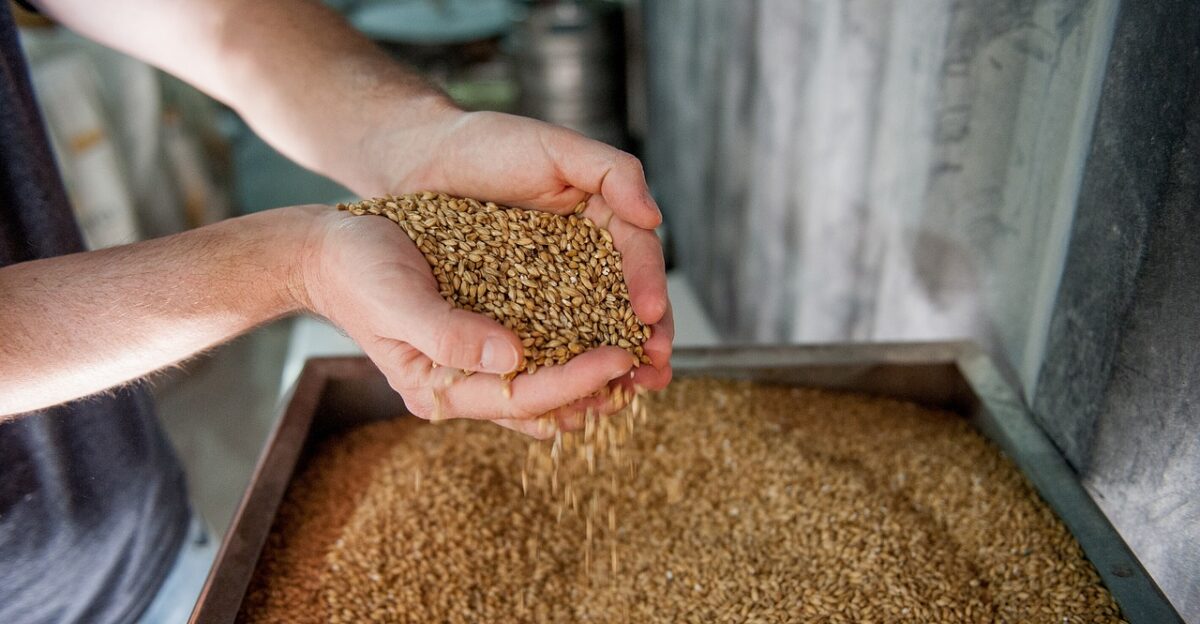
Molson Coors insists Leinenkugel’s heritage will endure – CCO Adam Collins said, “Leinenkugel’s has been an important part of our company for nearly 40 years and that’s not changing”. But locals and beer historians mourn the loss of a cultural landmark. Critics point out that consolidating production can erode authenticity.
What was once a small-town icon is now made in a corporate brewery, sparking debate over preserving tradition versus cutting costs.
Market Perceptions

Brand authenticity may suffer when production moves. Molson Coors will still market Leinenkugel’s nationally, but some consumers and international buyers prize a local backstory. A beer labeled “Made in Chippewa Falls” had cachet; production in a mega-facility changes the narrative.
In a consolidated industry, companies must work harder to sell authenticity as scale grows.
Shareholders and Consumers Adjust
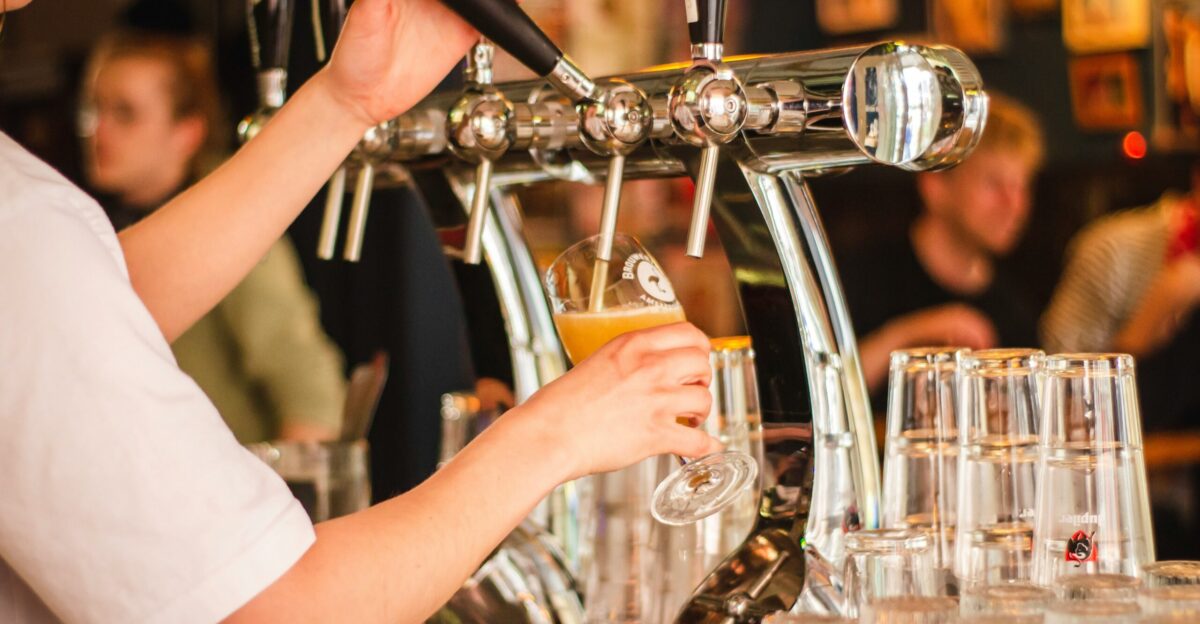
Investors are watching the cost-cutting closely. CEO Rahul Goyal framed the moves as urgent: “We must transform even faster… and make bolder decisions” to return the company to growth. In the short term, cutting jobs and plants may lift margins, but analysts warn it could erode long-term brand value. Consumers loyal to Leinenkugel’s may look to craft alternatives.
Drinkers who remain can still find their favorite brews on store shelves – only now brewed out of town – reminding all stakeholders to adapt in a leaner beer market.
Buyout Bid Denied

Brothers Jake and Dick Leinenkugel attempted to buy the Chippewa Falls brewery back from Molson Coors to keep it independent. They argued that preserving the plant was “a symbol of our legacy, a source of pride for our community, and a key part of what makes Leinenkugel’s unique.”
Molson Coors rejected the offer and said the facility will become a pilot brewery. The family vows to keep fighting for the brand’s future and hinted at starting a new independent beer venture.
Industrywide Contraction
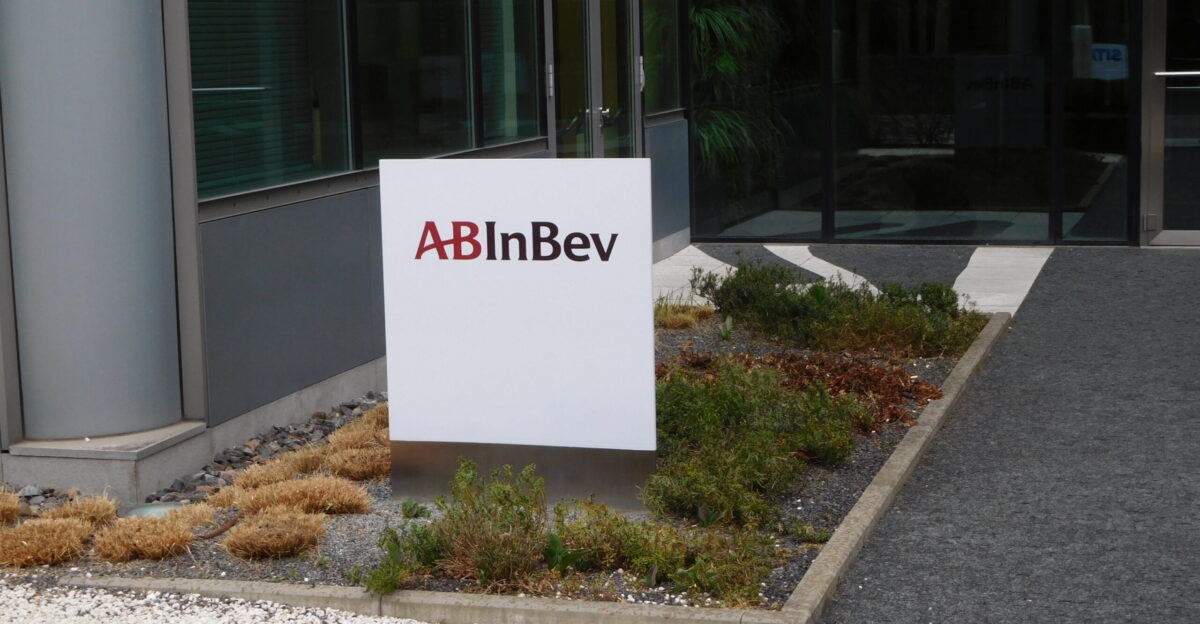
Leinenkugel’s closure is part of a wider industry pullback. AB InBev closed a Massachusetts distribution center in 2024, cutting about 193 jobs. Jack Daniel’s owner Brown-Forman is shuttering a barrel plant (600 jobs). Japanese brewer Kirin is also cutting beer output, and Heineken recently idled a Czech brewery.
Each of these moves underscores that large beverage firms worldwide are scaling back legacy operations and concentrating production to meet slumping demand.
Beyond Beer

Molson Coors has been expanding beyond traditional lagers. Its corporate filings cite above-premium brands (Blue Moon, Staropramen) and say the company “expands beyond the beer aisle,” including products like Vizzy hard seltzer, Five Trail whiskey, and non-alcoholic beverages.
Nielsen data show spirits, cocktails, and non-alcoholic beverages are climbing fastest in sales. As U.S. beer volume declines (~2.9% in 2024), these new categories will be crucial for growth going forward.
Final Thoughts
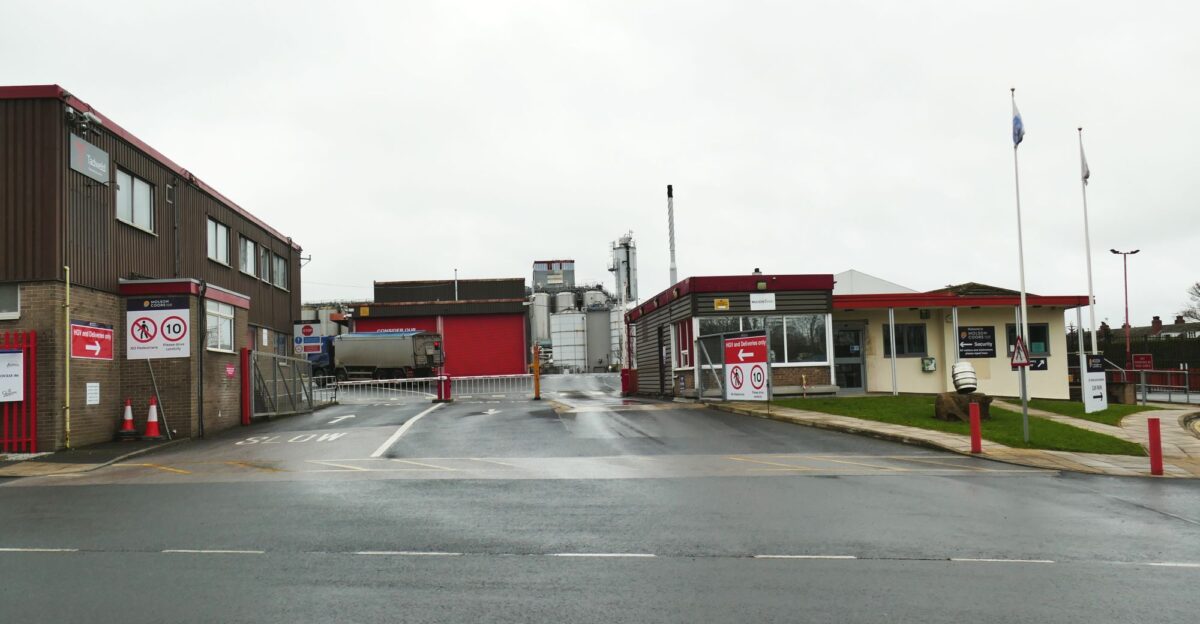
CEO Rahul Goyal says Molson Coors will have to “transform even faster” to thrive under new market pressures. The Leinenkugel’s shutdown will be studied as a test of balancing heritage with efficiency. Will Chippewa Falls one day brew beer again, or find a new industry to replace the plant’s output? For consumers, it’s a reminder that even iconic brands evolve.
In the end, the ripple of this brewery’s closure touches workers, fans, and communities, illustrating how American beer culture is being reshaped in real time.